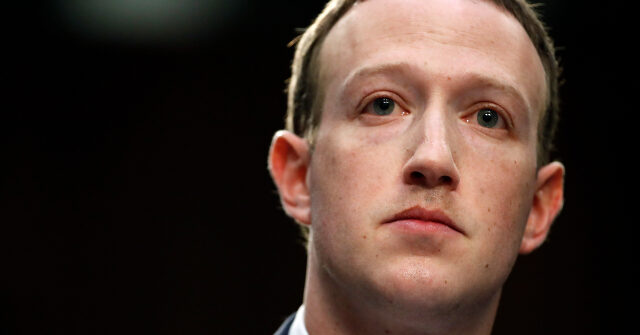

A new report in CNBC confirms what many observers, including the House Judiciary Committee, have noticed: online censorship has become a global industry, worth billions of dollars. And with two major wars underway, one in Ukraine and one in the Gaza Strip, that industry is reportedly set to expand.
According to one industry insider interviewed by CNBC, the worldwide market for “trust & safety” (Silicon Valley shorthand for “censorship”) services now stands at $11 billion.
Via CNBC:
Manu Aggarwal, a partner at research firm Everest Group, said trust and safety is among the fastest-growing segments of a part of the market called business process services, which includes the outsourcing of various IT-related tasks and call centers.
By 2024, Everest Group projects the overall business process services market to be about $300 billion, with trust and safety representing about $11 billion of that figure. Companies such as Accenture and Genpact, which offer outsourced trust and safety services and contract workers, currently capture the bulk of spending, primarily because Big Tech companies have been “building their own” tools, Aggarwal said.
Like any other industry, the censorship racket even has its own annual conference:
For the TrustCon conference in July, tech policy wonks and other industry experts headed to San Francisco to discuss the latest hot topics in online trust and safety, including their concerns about the potential societal effects of layoffs across the industry.
Several startups showcased their products in the exhibition hall, promoting their services, talking to potential clients and recruiting talent. ActiveFence, which describes itself as a “leader in providing Trust & Safety solutions to protect online platforms and their users from malicious behavior and content,” had a booth at the conference. So did Checkstep, a content moderation platform.
CNBC notes that third party “trust & safety” companies are booming as Google, Facebook, X/Twitter and other major companies have cut back on their internal departments. Many of the companies that have been at the heart of recent censorship scandals, such as NewsGuard, are private companies that offer third party services to augment censorship on social media companies.
In the emerging model, censorship technologies are developed by a labyrinth of small service companies that find it easier to evade the scrutiny that is frequently brought to bear on the likes of Meta and Google. These smaller companies then sell censorship technologies to larger entities, including national governments.
Allum Bokhari is the senior technology correspondent at Breitbart News. He is the author of #DELETED: Big Tech’s Battle to Erase the Trump Movement and Steal The Election.




